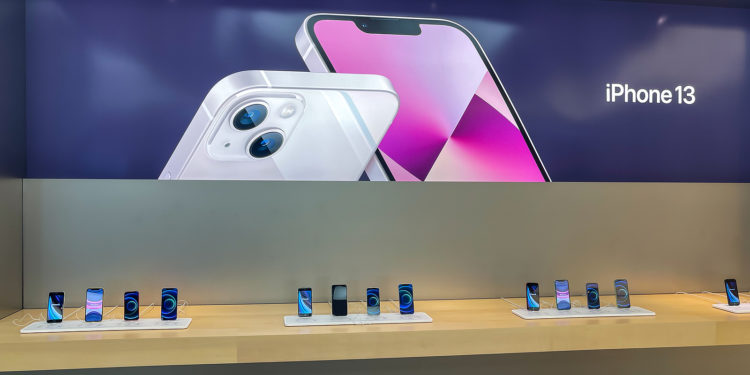In early October, when device production normally ramps up, Apple had to pause iPhone and iPad assembly for several days due to supply chain bottlenecks and "restrictions on the use of electricity in China."
In a detailed report on Apple's iPhone production problems reported Nikkei reported that Foxconn, Pegatron and other Apple suppliers have shut down production for the first time in more than a decade, with workers given time off instead of the usual overtime.
Due to the limited number of components and chips, it made no sense to work overtime on holidays and pay front-line workers extra. This has never happened before. In the past, the Chinese Golden Holidays were always the busiest time when all assembly plants were preparing for production.
According to Apple CEO Tim Cook, supply shortages at the time of the new iPhone's launch cost Apple more than $6 billion. Cook cited chip shortages as one of the reasons for the supply difficulties. While Apple uses leading hubs that are unaffected by the ongoing chip availability issues, other manufacturers that make components for Apple devices have been affected.
Apple's production problems: power restrictions, lockdowns and more
In October, it was reported that Apple had reduced its production targets for the 2021 iPhone by more than 10 million units after Broadcom and Texas Instruments were unable to supply enough components. If even a single tiny component for the iPhone is missing, it can affect the entire production. Nikkei took a deep dive into Apple's supply issues and interviewed more than 20 industry executives to find out exactly what went wrong. Apple reallocated components from iPads and older iPhones like the iPhone 12 to the new iPhone 13 models. But production was still 20 percent below the original target. This was due to power restrictions in China, lockdowns in Vietnam and Malaysia, and supply shortages due to the sharp increase in demand for chips.
Has interest in the iPhone 13 declined?
The reallocation hit iPad production hard, causing Apple to produce 50 percent fewer units than planned, resulting in tablet shortages well into November. With many iPad models in short supply, customers who order now are unlikely to get a device in time for Christmas, as delivery already extends into January. According to Bloomberg, Apple recently informed its suppliers that interest in the iPhone 13 is waning before the holidays, which could be due to the long wait times. Sources who spoke to Nikkei, however, painted a different picture, saying that Apple has pressured suppliers to speed up iPhone production in November, December and January as there is still high interest in the devices. So who is actually right in the end? Only Apple knows the answer to that. (Photo by ms_pics_and_more / Bigstockphoto)





